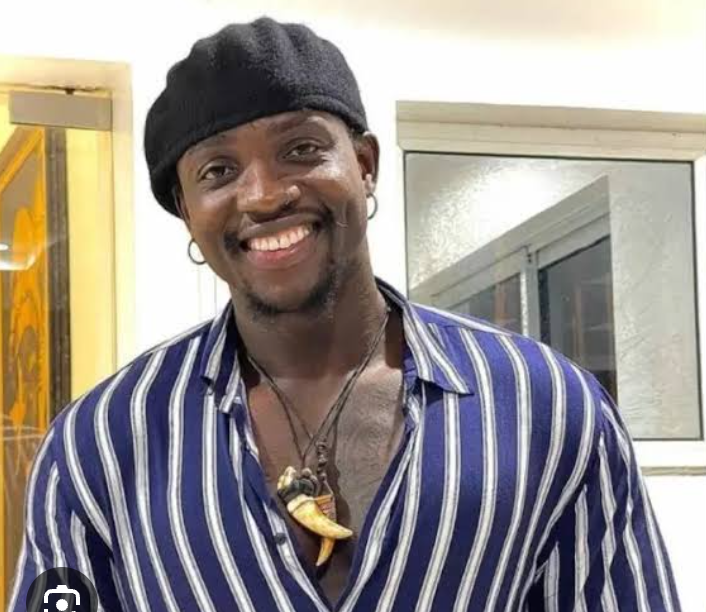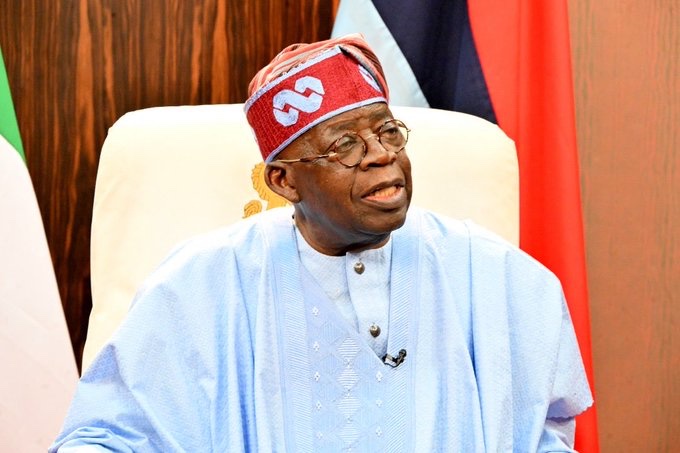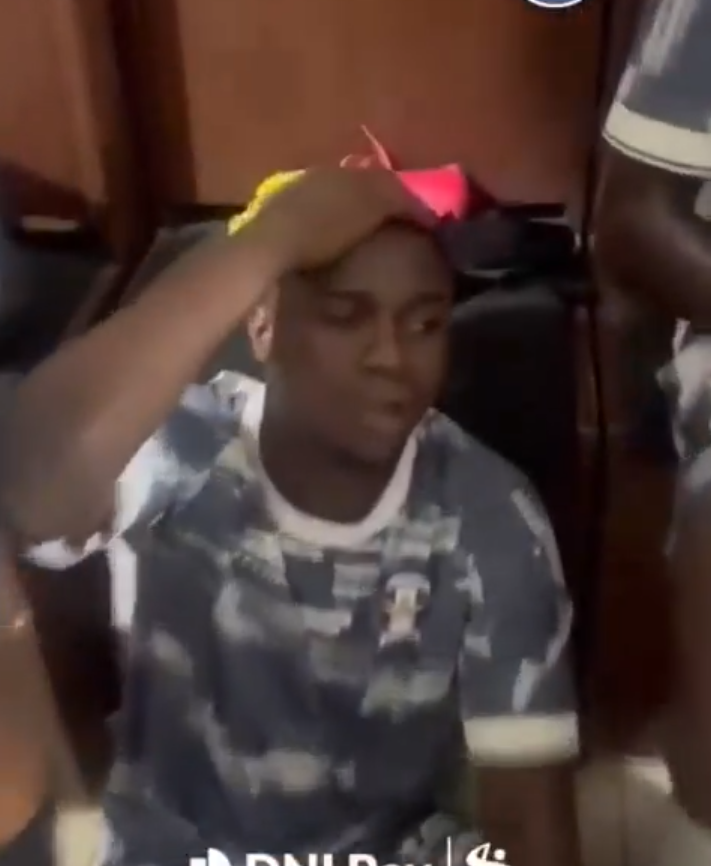
Shockwaves in Abuja as VeryDarkMan Lands in EFCC Custody Over Alleged Cybercrime

Nigeria’s social media space erupted into a storm of controversy on Monday following reports that outspoken online activist and influencer Martins Vincent Otse, popularly known as VeryDarkMan, has been officially remanded in the custody of the Economic and Financial Crimes Commission (EFCC) over alleged violations of the country’s Cybercrimes Act. The development, confirmed by multiple sources including The Guardian Nigeria, has triggered fresh outrage from fans, human rights advocates, and political critics who view the move as yet another chapter in the ongoing crackdown against dissenting voices in the country.
The EFCC secured a court remand order that allows the controversial figure to remain in custody while investigations continue. This remand, according to the anti-graft agency, is a legal necessity to complete inquiries and formally bring charges against VeryDarkMan, whose arrest last Friday sent shockwaves across the nation. Sources within the EFCC revealed that the charges being considered are “substantial,” although the specifics remain undisclosed at the time of writing.
The dramatic arrest reportedly occurred in broad daylight, shortly after the influencer exited a bank located in the Wuse district of Abuja. Eyewitnesses described a sudden operation involving not just EFCC officials but also operatives of the Department of State Services (DSS) and officers of the Nigeria Police Force. The swiftness and coordination of the joint team have led many to speculate that this was no routine arrest, but rather a well-orchestrated move aimed at swiftly neutralizing one of the government's most vocal online critics.
A senior EFCC official, who requested anonymity due to the sensitivity of the matter, stated, “The remand order was granted to allow us to complete our investigation and finalise the charges. He would be arraigned once we conclude that process, and the charges are expected to be substantial.” While the official maintained that the commission is operating strictly within legal boundaries, critics argue that the process reeks of political persecution, especially given the influencer’s recent clashes with high-profile individuals and institutions.
As of Monday morning, VeryDarkMan remains in EFCC custody, with access to him reportedly limited. His legal counsel, prominent human rights lawyer Deji Adeyanju, confirmed the arrest and ongoing legal maneuvering. “We are working tirelessly to gain access to our client and are exploring all available legal options,” Adeyanju stated, suggesting that a fierce legal battle may be looming. Supporters of the embattled influencer have already begun to mobilize online, calling for transparency and fairness in the proceedings.
VeryDarkMan is no stranger to controversy. Known for his fearless, often provocative commentaries on corruption, celebrity culture, and societal issues, he has built a massive following on platforms like Instagram, TikTok, and X (formerly Twitter). But this same candor that endeared him to Nigeria’s digital youth has made him a constant thorn in the side of the establishment. He has been involved in several public disputes with politicians, entertainers, and even law enforcement agencies, often accusing them of corruption, hypocrisy, and abuse of power.
The arrest comes amid growing concerns about the Nigerian government’s use of state apparatuses to clamp down on critics and activists. Just days before this latest development, former Vice President Atiku Abubakar condemned the arrest as a “blatant abuse of power” and “a flagrant violation of constitutional rights,” insisting that the Tinubu administration is descending into authoritarianism. His statement further fueled the public discourse and painted the arrest not as a lawful response to cybercrime, but as a politically motivated silencing of dissent.
While EFCC officials insist that the arrest and remand are purely legal steps based on multiple petitions, many Nigerians remain unconvinced. The opacity surrounding the nature of the allegations, the timing of the arrest, and the high-profile nature of the operatives involved have led to suspicion that this case is far from routine. For critics of the current administration, this is a textbook example of using the legal system to muzzle free expression.
As the legal drama unfolds, protests have begun to spring up in Abuja and other parts of the country. Young Nigerians, already disillusioned with the pace of reform and accountability, view VeryDarkMan as a symbol of truth-telling in an era of government opacity. His bold, unfiltered style resonates with a generation that increasingly sees traditional media and institutions as compromised. The hashtag #FreeVDM has begun trending across social media, amplifying calls for his release and sparking broader discussions about freedom of expression in Nigeria.
Observers warn that how this case is handled could have significant implications for Nigeria’s democratic credentials. International human rights organizations and foreign missions in Nigeria are likely to keep a close eye on the case, especially if public agitation continues to grow. The Nigerian government, already facing criticism over economic hardship and insecurity, may find itself further isolated if it is seen to be suppressing civil liberties.
Meanwhile, VeryDarkMan’s loyal followers continue to flood social media with videos, commentary, and artwork demanding his release and challenging the legitimacy of the charges. While some argue that no one is above the law and that cybercrime allegations must be thoroughly investigated, others insist that the government must tread carefully to avoid turning what may have been a legal case into a full-blown human rights crisis.
For now, the nation watches and waits as the legal machinery grinds into motion. Will VeryDarkMan be charged and prosecuted transparently, or will this case fizzle out amid public pressure and legal wrangling? Either way, one thing is certain—his name has become more than just a brand. It is now a lightning rod in the fight for freedom of speech and a potent symbol of the tensions that define Nigeria’s digital and political landscapes.


